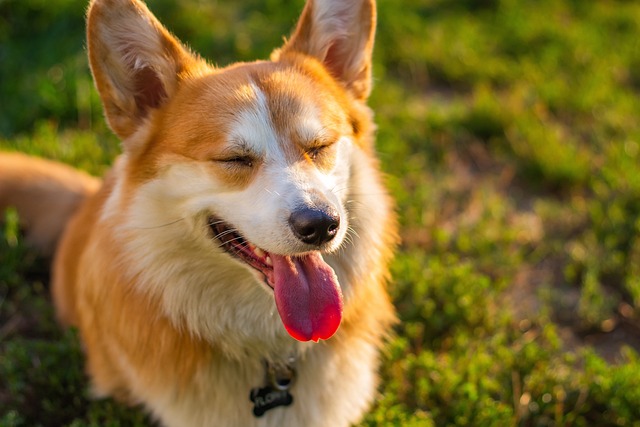
How do i train my dog to be obedient?
Watching your dog dart across the park ignoring your calls isn’t just frustrating—it can put them at risk near busy streets or public spaces.
Picture this: you've just brought your wiggly, 10-week-old Labrador mix home to your Portland apartment. Toys are scattered, excitement is high, and amidst the adorable chaos, you wonder: "Where on earth do I even start with training?" Forget complex tricks for now. The absolute foundational skill every American puppy needs to learn first is focusing on you and responding to their name. Think of it like teaching a toddler to look up when called before crossing a street – it’s the bedrock of safety and future learning. Why this? It taps into fundamental canine social behavior. Puppies are naturally curious but easily distracted. Teaching them that turning towards you when they hear their name predicts wonderful things (like treats or play) builds engagement and trust. A Minneapolis breeder might start this the moment pups open their eyes, pairing gentle name calls with tiny bits of food, proving how early this critical connection begins.
So, how do you build this essential focus? Start simple in a quiet room. Say your pup’s name clearly and cheerfully – just once. The millisecond they glance at you, mark it with a distinct "Yes!" or a clicker, then immediately deliver a high-value treat like boiled chicken right to their nose. Repeat this dozens of times daily in short bursts. The key is timing and value! Avoid the common mistake of repeating their name ("Fido... Fido... FIDO!"); that just teaches them to ignore it. Instead, make yourself fascinating. Try a happy voice, a quick hand clap, or a soft kissy noise to gently redirect their attention before saying their name. Remember that Austin couple struggling in their busy condo hallway? They practiced name responses inside first, mastering it before adding distractions like passing neighbors or the elevator ding. Gradually increase difficulty only when your pup succeeds 8 out of 10 times.

Crucially, this training intertwines with responsible ownership from day one. Before practicing name recalls in exciting outdoor spaces like Seattle's Green Lake Park, ensure your pup is current on core vaccinations (like distemper/parvo) as mandated by state law – protecting them and community pets. And yes, always carry waste bags. A puppy suddenly darting towards a fascinating smell mid-training often means an impromptu potty break; scooping immediately isn't just polite, it's legally required in most US municipalities. Linking focus training with public etiquette is vital. Use those emerging name responses to gently pull your pup's attention away from rushing towards unknown dogs or kids on a Denver sidewalk, reinforcing calm greetings. Apartment dwellers, take note: practice near your building entrance helps manage unpredictable encounters in tight spaces. If your pup gets overly excited meeting someone, calmly use their name and reward focus back on you – never force interactions.
Building this core skill relies entirely on positive reinforcement. Yanking leashes, yelling, or any form of intimidation to gain attention destroys trust and violates deeply held animal welfare standards here. Celebrate small wins! That moment your Boston Terrier pup ignores a fluttering leaf to look at you? That’s gold. Pair name responses with life rewards too – saying their name before opening the door for a potty break or before giving dinner. Patience is non-negotiable; development varies. By prioritizing name recognition and focus using joyful, reward-based methods, adhering to public health laws, and respecting community space, you lay the groundwork for a well-mannered companion. This isn't just the first skill; it’s the passport to every skill that follows.

Watching your dog dart across the park ignoring your calls isn’t just frustrating—it can put them at risk near busy streets or public spaces.

New puppy owners often find themselves rushing to clean up accidents before they set in, and that’s where puppy pad training becomes a game-changer.

If you've noticed your dog's waistline disappearing and your veterinarian has mentioned those few extra pounds, your first instinct might be to simply reduce the amount of food in their bowl.

Training a dog to use a designated spot indoors isn’t as daunting as many new owners fear, but it does take consistency and an understanding of your pet’s needs.

That moment of dread on a walk is all too familiar for many new dog owners. You see another dog approaching down the sidewalk of your neighborhood

If the sight of another dog on your neighborhood walk makes your heart sink as your own dog erupts into a frenzy of barking and lunging, you're not alone.